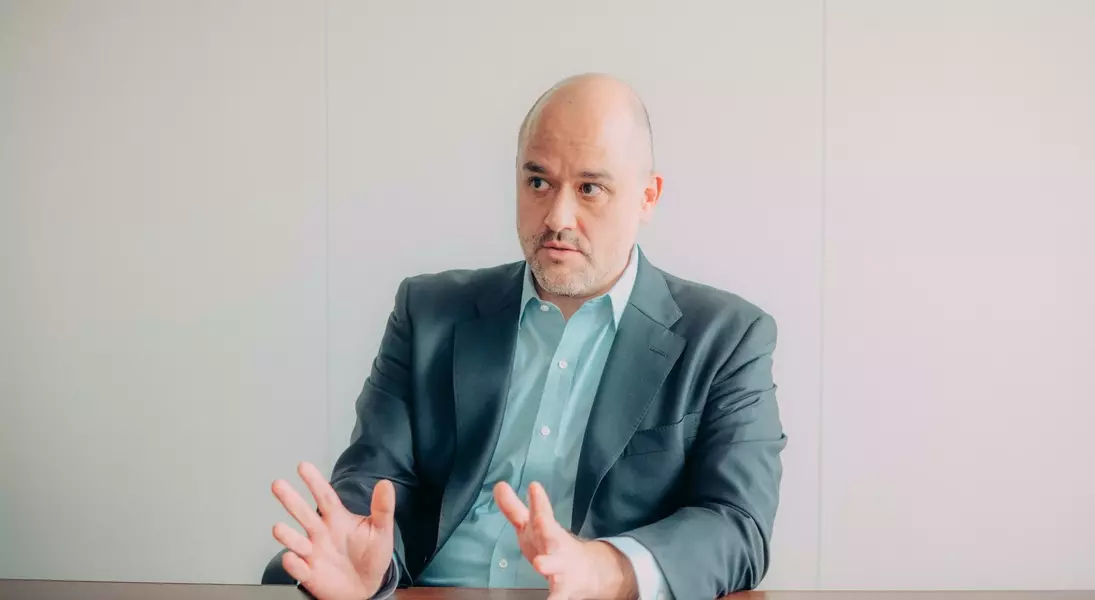




Nissan is embarking on an ambitious strategy to rejuvenate its vehicle offerings and navigate through a challenging financial period. Under the leadership of CEO Ivan Espinosa, the company is focused on streamlining its product development process to introduce new models more rapidly. This bold move is critical as Nissan grapples with a series of financial losses and a comprehensive restructuring effort, which includes significant workforce reductions and the shutdown of several manufacturing facilities. The goal is to enhance market responsiveness and regain profitability by adapting to evolving industry trends and consumer demands with greater agility.
The automotive giant's proactive approach to innovation and efficiency underscores its commitment to overcoming current setbacks. By drawing lessons from successful market players and implementing internal reforms, Nissan aims to transform its operational model. This transformation is not merely about launching new cars; it is about building a more resilient and forward-thinking organization capable of thriving in a highly competitive global market. The success of these initiatives will be pivotal in determining Nissan's trajectory in the coming years.
Accelerating Product Innovation and Market Responsiveness
Nissan's chief executive, Ivan Espinosa, has declared the renewal of the company's product portfolio as a top priority in its ongoing turnaround strategy. In an interview, Espinosa highlighted the imperative to significantly reduce the time it takes to develop and launch new vehicles. This strategic shift is designed to dismantle bureaucratic obstacles that have historically delayed the introduction of fresh products, enabling Nissan to react more swiftly to dynamic market conditions and consumer preferences. The company plans to bring a host of new models to market, including an updated Leaf electric vehicle, regional favorites like the Elgrand MPV and Roox kei cars, a new Sentra sedan, and a plug-in hybrid version of the Rogue crossover SUV.
The push for accelerated development began well over a year ago, even before Espinosa assumed the CEO role. He noted that early efforts have already shown promise, particularly by adopting insights from the Chinese market, where competitors have demonstrated the ability to transition from concept to production in less than two years. Currently, Nissan's development cycle from concept to production stands at over 50 months, a timeframe the company aims to slash to 37 months. This aggressive target reflects Nissan's determination to enhance its performance and maintain competitiveness by becoming quicker and more adaptable in its product rollout strategy.
Navigating Financial Headwinds and Strategic Restructuring
Nissan's intensified focus on product innovation comes at a critical juncture, as the company faces substantial financial challenges. The "Re:Nissan" restructuring plan, initiated prior to the recent announcements, involves a massive overhaul, including the elimination of 20,000 jobs and the closure of seven factories globally to reduce production capacity. Notably, the company has confirmed plans to shut down its Civac plant in Mexico and the historic Oppama plant in Japan. These measures are part of a broader effort to cut costs and streamline operations in response to a prolonged period of financial distress, which has seen Nissan report four consecutive quarters of losses, amounting to 115.7 billion yen ($782 million) in the most recent quarter.
Beyond factory closures, Nissan is also actively divesting non-core assets, including its Yokohama headquarters, through sale-leaseback agreements. This financial restructuring is crucial for shoring up the company's balance sheet and providing capital for future investments. Despite these drastic steps, the road to recovery remains steep, with estimates suggesting that impairment losses and job reduction expenses could total as much as $3.4 billion. While these reforms are seen as a significant improvement over past approaches, industry observers emphasize that Nissan still has a long way to go to achieve sustainable financial health and regain market confidence, as evidenced by recent divestments from long-term partners like Mercedes-Benz.
